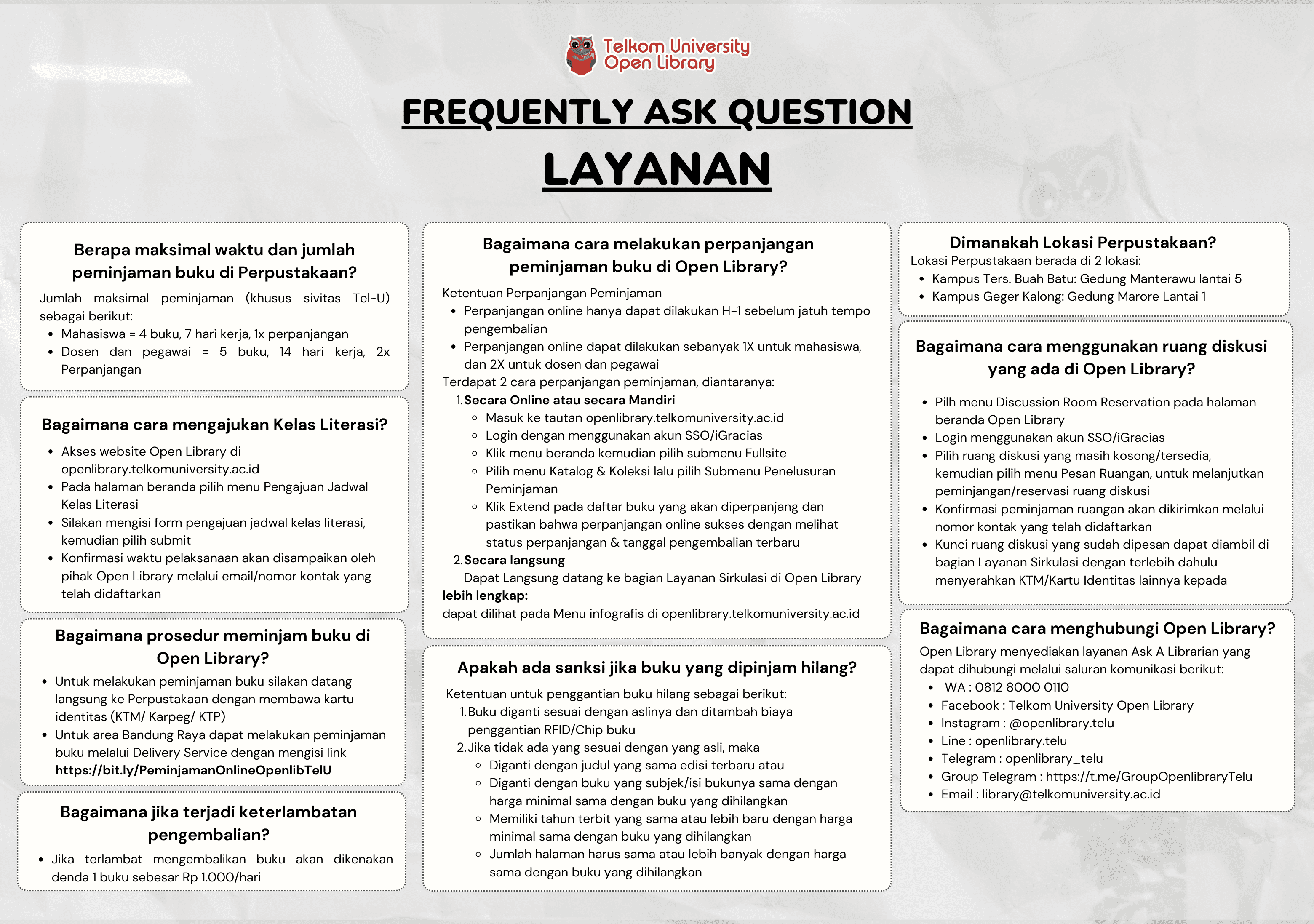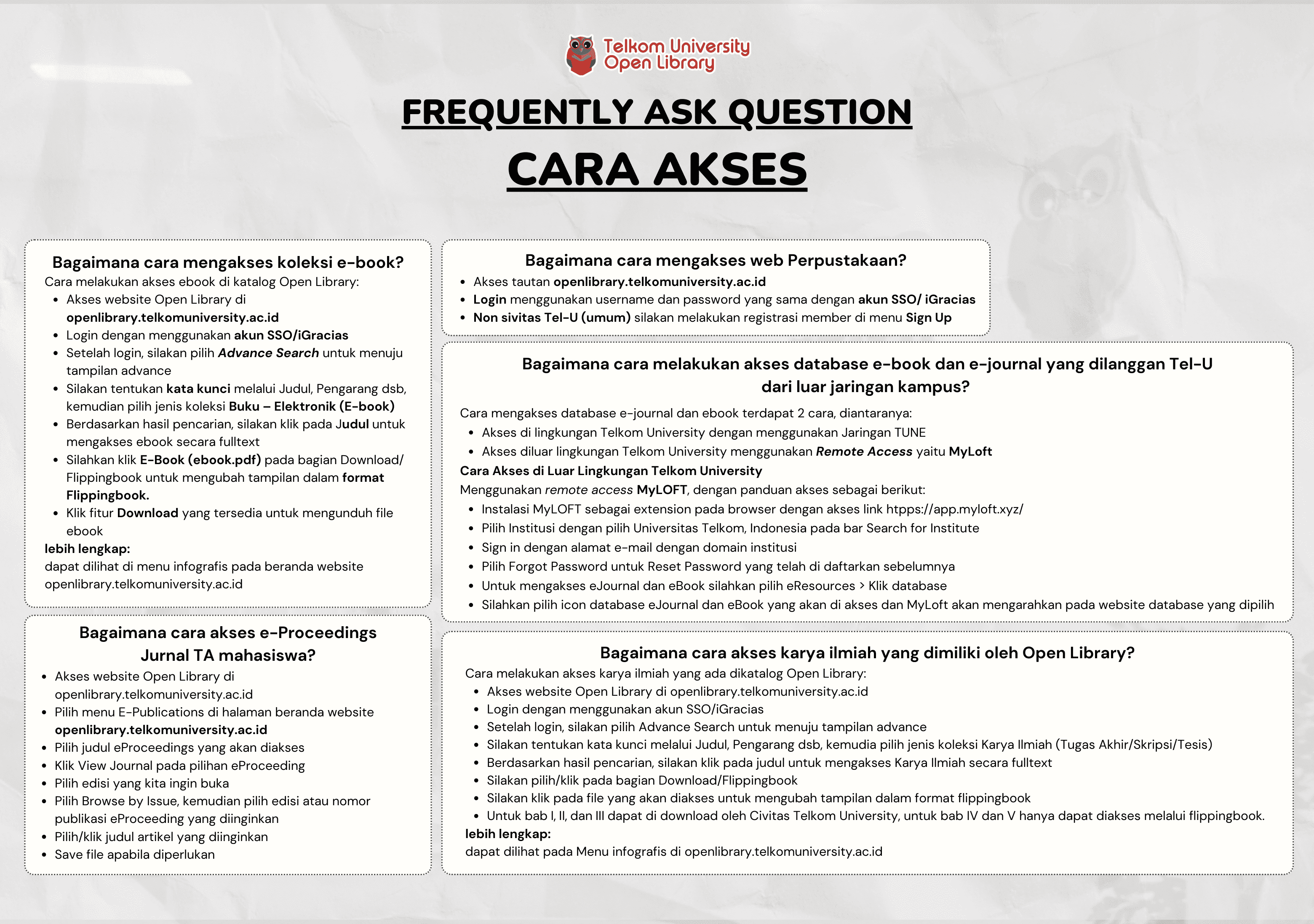Anomaly Detection of Gas Pipeline Operational Data Using TCN-Autoencoder and LSTM-Autoencoder Models - Dalam bentuk pengganti sidang - Artikel Jurnal
ANAK AGUNG GDE PRADNYANA

Informasi Umum
Kode
25.04.7103
Klasifikasi
000 - General Works
Jenis
Karya Ilmiah - Skripsi (S1) - Reference
Subjek
Data Science
Dilihat
7 kali
Informasi Lainnya
Abstraksi
<p>Anomalies in gas pipeline systems, such as unde- tected small leaks, are often the primary triggers of major failures that impact operational safety and the environment. Early detection of such anomalies is crucial to prevent larger risks. This study aims to compare the performance of two deep learning-based autoencoder models Temporal Convolutional Network Autoencoder (TCN-AE) and Long Short-Term Memory Autoencoder (LSTM-AE) in detecting anomalies in unlabeled operational data from gas pipelines. The data used in this study include four key features: pressure, temperature, energy rate, and volume rate, all collected on a time series basis at one-hour intervals over a five-year period. Each model was tested through six architectural variants (cases) with consistent training parameters. The experimental results demonstrate that the baseline TCN-AE model provides the most efficient outcome with the lowest Mean Squared Error (MSE) of 1.43 x 10^-6 and the fastest training time. Meanwhile, the bidirectional LSTM- AE architecture exhibits better generalization capabilities in recognizing complex anomaly patterns, although it requires a longer training duration. Euclidean distance was also used to determine the anomaly threshold during the evaluation phase. With these findings, the study aims to provide strategic insights into selecting the best model for time-series-based anomaly detection in gas pipeline systems. Hopefully, this research will help the oil and gas industry enhance surveillance and prevent significant losses caused by undetected damage.</p>
- CAK4FAA4 - Tugas Akhir
Koleksi & Sirkulasi
Tersedia 1 dari total 1 Koleksi
Anda harus log in untuk mengakses flippingbook
Pengarang
| Nama | ANAK AGUNG GDE PRADNYANA |
| Jenis | Perorangan |
| Penyunting | Aditya Firman Ihsan, Hasmawati |
| Penerjemah |
Penerbit
| Nama | Universitas Telkom, S1 Informatika |
| Kota | Bandung |
| Tahun | 2025 |
Sirkulasi
| Harga sewa | IDR 0,00 |
| Denda harian | IDR 0,00 |
| Jenis | Non-Sirkulasi |




















